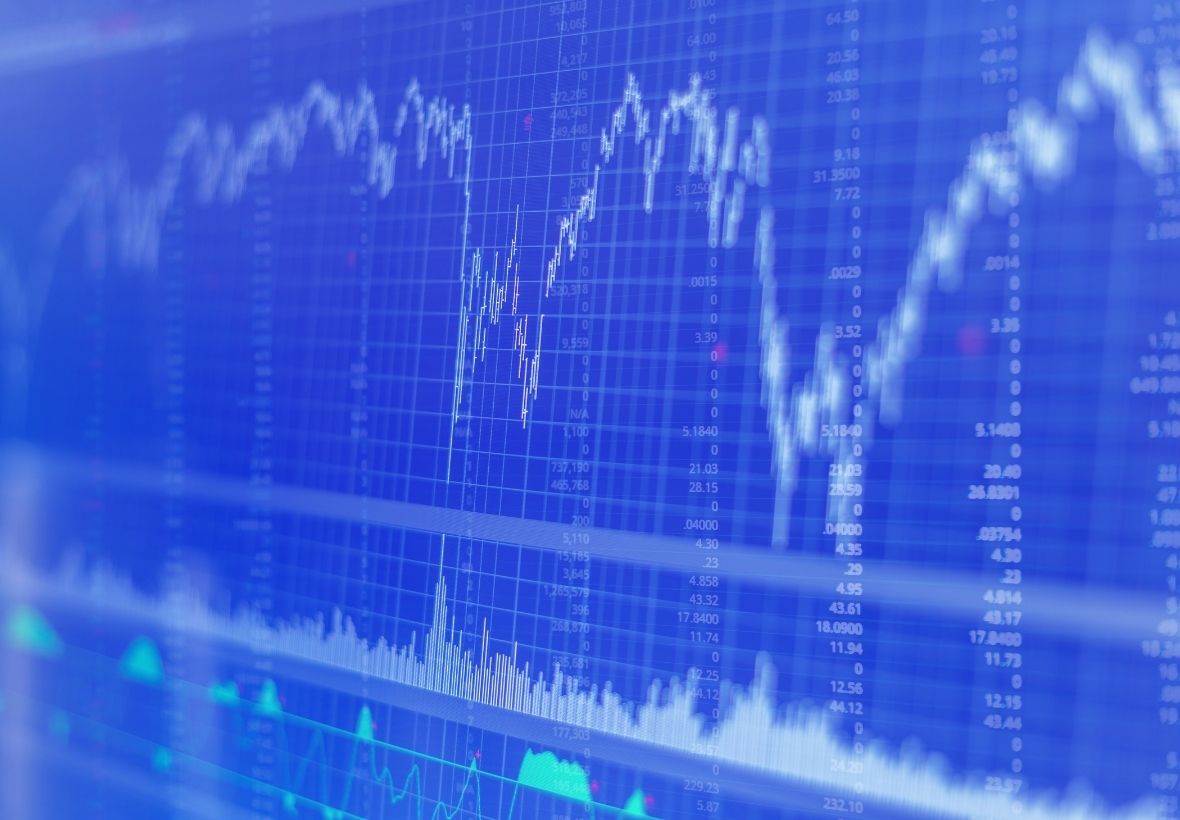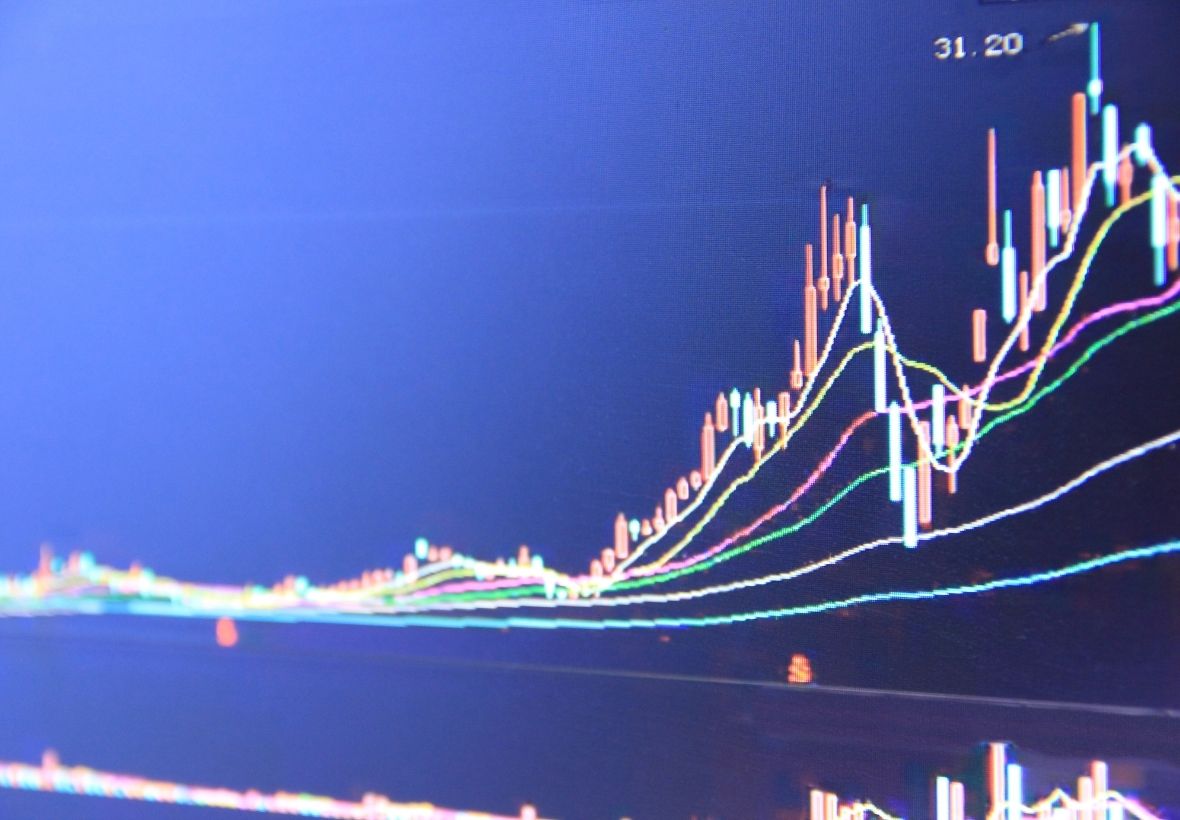With advancements in technology, the financial industry has witnessed significant changes in recent years. Trading bots have emerged as a powerful tool for traders to automate their strategies and execute trades with precision and speed. These bots have the potential to streamline trading activities and enhance profitability.
What is a Trading Bot?
A trading bot, also known as an automated trading system or algorithmic trading software, is a computer program that interacts with financial exchanges to place trades on behalf of the user. It uses predefined rules, indicators, and algorithms to analyze market conditions and execute trades accordingly. Trading bots can operate 24/7 without human intervention, reacting swiftly to market movements and capturing trading opportunities.
How Does a Trading Bot Work?
Trading bots work by utilizing a combination of technical analysis, indicators, and predefined strategies to make trading decisions. The process typically involves the following steps:
- Data Collection: The trading bot collects real-time market data from various sources, such as price feeds, order books, and news sources.
- Market Analysis: The bot analyzes the collected data using mathematical models, technical indicators, and statistical analysis to identify patterns, trends, and potential trading opportunities.
- Strategy Implementation: Based on the predefined trading strategy, the bot generates buy or sell signals when certain conditions are met. These strategies can range from simple rule-based systems to complex machine learning algorithms.
- Trade Execution: Once the trading signals are generated, the bot automatically executes trades on the connected exchange. It interacts with the exchange’s application programming interface (API) to place orders, monitor positions, and manage risk.
- Monitoring and Adjustment: The trading bot continuously monitors the market and the performance of executed trades. It may adjust its strategies, risk parameters, or portfolio allocations based on changing market conditions.
Types of Trading Bots
There are different types of trading bots available in the market, catering to various trading styles and preferences. Here are two common types:
1. Rule-Based Trading Bots
- Rule-based trading bots operate based on predefined sets of rules and indicators. These bots follow specific criteria, such as moving average crossovers or breakout patterns, to generate trading signals. Rule-based bots are relatively simpler in design and are suitable for traders who prefer a systematic and disciplined approach to trading.
2. AI-Powered Trading Bots
- AI-powered trading bots incorporate advanced machine learning techniques to make trading decisions. These bots can analyze large volumes of data, adapt to changing market conditions, and identify complex patterns that may not be easily recognizable by rule-based bots. AI-powered bots have the potential to learn from past trades and continuously improve their performance over time.
Advantages of Using a Trading Bot
Trading bots offer several advantages to traders, including:
- Automation:
Trading bots eliminate the need for manual trade execution, allowing traders to capitalize on opportunities 24/7, even in volatile markets. - Speed and Efficiency: Bots can execute trades instantly, reducing the time lag between identifying a trading opportunity and placing an order.
- Emotion-Free Trading: Bots make trading decisions based on predefined rules and algorithms, eliminating the influence of emotions such as fear and greed.
- Backtesting and Optimization: Traders can backtest their strategies using historical data to assess their performance and optimize them for better results.
Risks and Limitations
While trading bots offer significant advantages, it is important to be aware of the risks and limitations associated with their usage. Some potential risks include:
- Technical Issues: Bots can encounter technical glitches, connectivity problems, or delays in data feeds, which may impact their performance.
- Market Volatility: Rapid market movements or unexpected events can lead to unfavorable trading outcomes, especially if the bot’s algorithms are not properly calibrated.
- Over-Optimization:
Optimizing a trading bot too much based on historical data may result in poor performance in live market conditions.
Common Trading Bot Strategies
Trading bots can employ various strategies depending on market conditions and trader preferences. Here are three common strategies:
Trend Following
Trend-following bots aim to identify and ride the trend in the market. They enter long positions when an uptrend is detected and short positions during downtrends. These bots can capture profits during sustained price movements.
Mean Reversion
Mean-reversion bots operate on the assumption that prices will revert to their mean value after deviating from it. These bots enter positions opposite to the prevailing trend, anticipating a price reversal.
Arbitrage
Arbitrage bots exploit price discrepancies between different exchanges or trading pairs to generate profits. These bots simultaneously buy low and sell high to take advantage of temporary price differentials.
The Future of Trading Bots
The use of trading bots is expected to grow as technology continues to advance. Artificial intelligence and machine learning capabilities will likely enhance the sophistication and performance of trading bots. Additionally, increased accessibility and user-friendly interfaces will make automated trading more accessible to a wider range of traders.
Trading bots have revolutionized the way traders participate in financial markets. By automating trading processes, these bots offer speed, efficiency, and potential profitability. However, it is crucial to understand the risks involved and choose the right trading bot based on individual trading goals and strategies.
FAQs
Q1: Are trading bots legal?
Trading bots themselves are legal. However, their usage may be subject to certain regulations depending on the jurisdiction and the platforms being used.
Q2: Can trading bots guarantee profits? While trading bots can assist in executing trades more efficiently, they do not guarantee profits. Market conditions, strategy effectiveness, and other factors can impact trading outcomes.
Q3: Do I need programming skills to use a trading bot? Not necessarily. Some trading platforms offer user-friendly interfaces that do not require programming skills. However, advanced customization may require programming knowledge.
Q4: How much capital do I need to use a trading bot? The capital required depends on various factors, such as the trading strategy, risk tolerance, and the minimum investment requirements of the chosen platform or exchange.
Q5: Can trading bots be used in all financial markets? Trading bots can be used in various financial markets, including stocks, cryptocurrencies, forex, and commodities, as long as the chosen trading platform supports them.





Leave a Reply